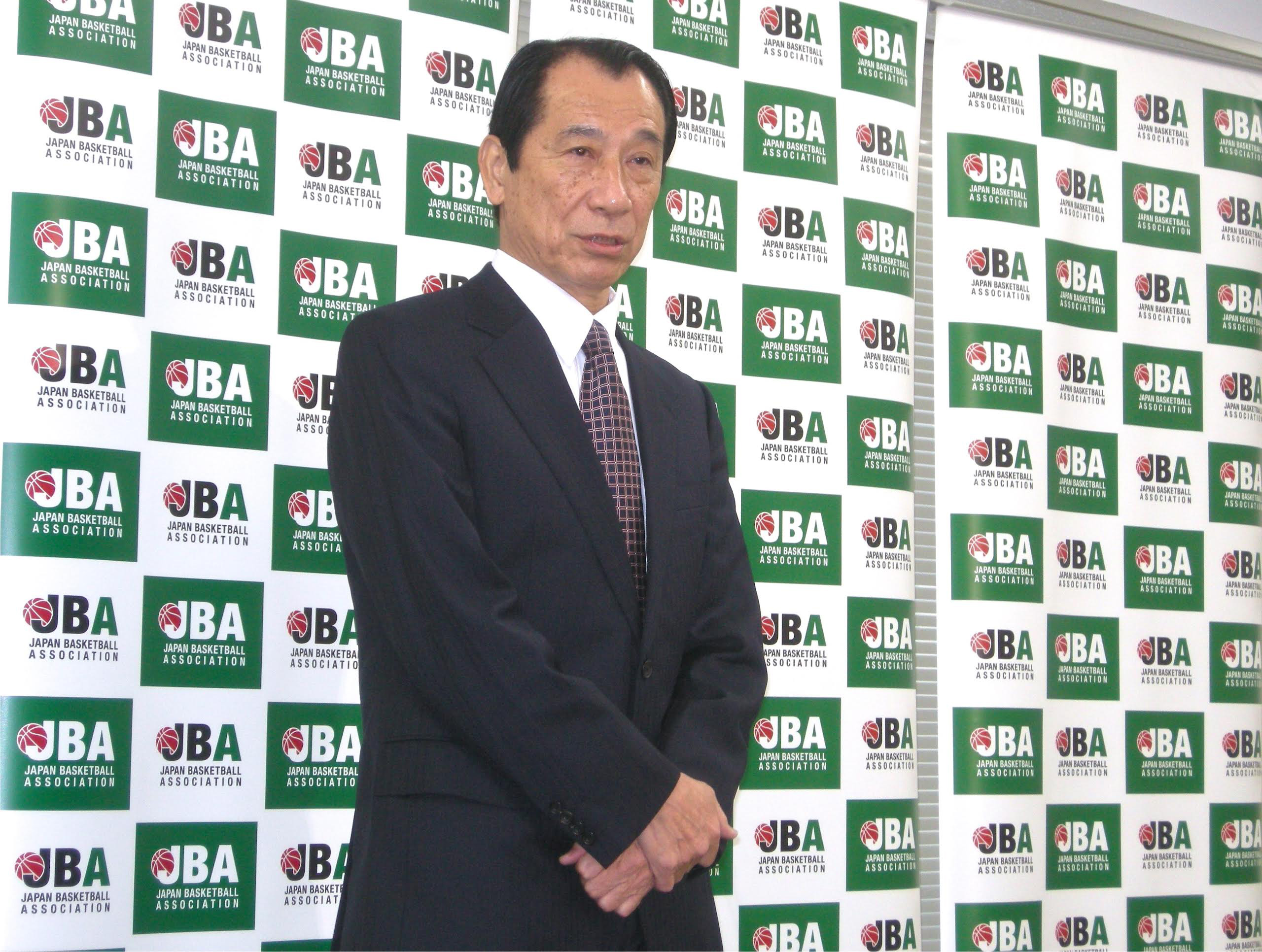It was something everyone expected to happen, so there shouldn't have been any surprise whatsoever. That, however, did nothing to lessen the gravity of the situation.
The Japan Basketball Association was informed on Wednesday that it'd been suspended by FIBA, the sport's world governing body, for failing to meet its demands, which included a merger of the 13-team NBL and 22-team bj-league before the Oct. 31 deadline.
The FIBA executive committee finalized the sanctions during meetings on Monday and Tuesday. Some details of the ban, such as its length and what activities the JBA is barred from remain uncertain, but what is known is that Japan's national teams (men, women and under categories) are not allowed to participate in any FIBA- and FIBA-Asia organized tournaments.


















With your current subscription plan you can comment on stories. However, before writing your first comment, please create a display name in the Profile section of your subscriber account page.